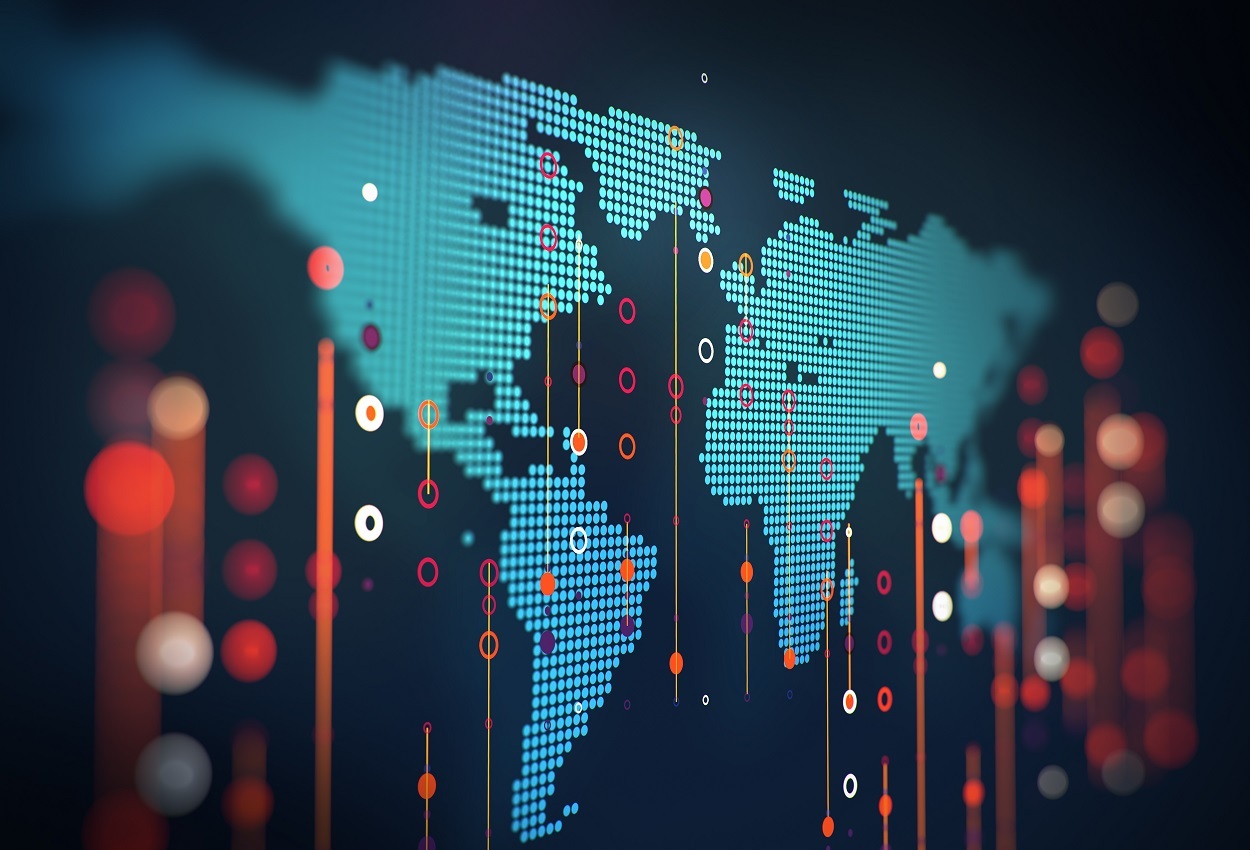Barcelona, New Delhi and Paris identified as first-mover trailblazer cities in embracing innovative decarbonisation technologies
Published on 27th June 2023

These include vehicle-to-grid electricity generation, district cooling systems and digital twins to help deliver an Olympic Games
Influential research company Economist Impact, supported by international law firm Osborne Clarke, has identified Barcelona, New Delhi and Paris as three of the world's most progressive cities in trialling innovative technologies to help decarbonise their environment.
The new report is called 'Decarbonising Technologies for Cities: Case Studies of Barcelona, Delhi and Paris'. It is an update on the original report published in October 2021 called 'Sustainable Disruption: 12 Decarbonising Technologies for Cities' . This report identified those technologies with the most potential to help cities achieve their carbon-emissions targets, while also creating jobs, lowering energy costs for residents, and improving overall quality of life.
It also examined ten cities around the world to assess the availability of policies or investment that supported the development and implementation of those technologies. While Barcelona then emerged as the leader in providing financial and policy support for the majority of technologies identified in the study, both Delhi and Paris have also now improved their respective position in supporting certain decarbonisation technologies.
In the new update, 'Decarbonising Technologies for Cities: Case Studies of Barcelona, Delhi and Paris', Economist Impact has studied the use of vehicle-to-grid (V2G) technology in Barcelona, district cooling systems in Delhi, and the use of digital twins in Paris, including by the planners of the city's Olympic Games due to take place in 2024.
James Watson, head of decarbonisation and co-head of ESG, Osborne Clarke: "Out of 12 decarbonising technologies which will play a crucial role in helping cities improve their climate for residents, businesses and visitors, these three case studies provide encouraging examples of what can be achieved through public/private partnerships including the use of legal frameworks to help generate investment. In order to maximise benefits of all these technologies, however, an appropriate regulatory framework is needed to help navigate the policy and practical complexities of implementing them, as well as the many issues which might arise including those relating to planning, patents, IP and image rights."
Jonathan Birdwell, global head, policy & insights, Economist Impact: "With more than half of the global population dwelling in urban centres, meeting global climate goals depends on cities adopting and scaling green technologies. Many cities are rising to the challenge. Our research highlights how Barcelona, Delhi, and Paris are leading the way with impactful, scalable and investable decarbonisation technologies. Vehicle-to-grid, district cooling, and digital twin technologies present significant potential for decarbonising cities globally. But cities are complex ecosystems. There is no single technology solution that will get cities to net zero. Cities will need to deploy an arsenal of technologies to drive forward the decarbonisation imperative."
Barcelona and vehicle to grid
The widespread use of electric vehicles (EVs) is critical to decarbonisation efforts globally and V2G technologies play an important role. They enable EV batteries to charge and discharge their energy into a power grid, thereby turning car batteries into storage that can be used across the energy network.
Barcelona, as part of its efforts to reduce pollution and congestion levels, is focusing on electrifying its transport sector through V2G charging infrastructure. The Energy Transition Department at Area Metropolitana Barcelona (AMB) has invested in solar carports for EV charging and connected these to V2G chargers that enable energy to flow back into the buildings that they are plugged into.
EV fleets were just one precondition for this pilot. Effective public and private cooperation was also crucial. The AMB had to collaborate with charger suppliers, software developers, installers and investment funds.
Blanca Montero, associate lawyer in the public law department of Osborne Clarke in Spain, commented: "As a result of digital twins' potential, we expect that major technical and regulatory advances will gradually take place as the technology matures. This will include improvements to the hardware itself and vehicle compatibility as well as development of a clear regulatory framework so that V2G charging companies wishing to connect chargers to the relevant electricity distribution networks have legal certainty over the permits and legal requirements they need to meet."
Delhi and district cooling
Climate change will lead to warmer temperatures globally, and the effects of this will be felt most strongly in countries and cities already struggling with heat. Delhi is therefore a city that is set to see demand for cooling surge.
District cooling generates cooling – through cold water or cold air – in a single place, and distributes it as a service to consumers. This reduces the overall size of cooling requirements, thereby reducing energy and water consumption, increasing operational flexibility and emitting less CO2.
District cooling systems are now being piloted across the city. Cybercity in Gurgaon, India’s largest integrated business district, relies on a district cooling system which has helped reduce power demands by around 100 MW and saves approximately 36,000 tonnes of CO2 per year. There are also efforts by the Delhi airport, the Indian International Convention Centre and the Pragati Maidan exhibition venue.
Parveen Arora, partner in BTG Legal in India, commented: "Municipal authorities will have to come together to issue and implement policies and establish pilot district cooling projects to spread awareness and viability. Pilot projects are a useful “sandbox” to test a system, especially in a city like Delhi which sees weather variations from extreme heat to extreme cold. A district cooling system which can also incorporate heating will be attractive. Other operational and legal aspects such as payment, access, round-the-clock availability etc., will also have to be developed."
Paris and digital twins
Decarbonisation will be accompanied by digitisation and the widespread use of data across infrastructure, businesses and operations. This will open up opportunities for new technologies that plan for and monitor developments in a city including digital twins. By creating a replica of a city, or space within a city, digital twins can help city planners monitor performance in real time and act accordingly, resulting in efficiency and sustainability gains.
After a decade of work, a French technology company has developed a digital twin of Paris. The 3D model uses geographic information system (GIS) and building information modelling (BIM) data which is collected through terra photography, and stored on a cloud streaming platform. This allows city planners to model the impact of infrastructure changes within the city. It also empowers citizens to become more engaged in urban planning, as it enables them to envision proposed changes and provide informed feedback.
Organisers of the 2024 Olympic games announced plans to create digital twins of key Olympic venues. This will make the games more energy and cost efficient, and can be used by Paris as part of its broader efforts to attract visitors to the city. The use of this technology is first of its kind in the history of the Olympics.
Laurène Zaggia, counsel and a senior technology lawyer at Osborne Clarke in France, commented: "Digital Twins raise many issues in terms of intellectual property and image rights, especially when it comes to modelling cities or even buildings in 3D. A city includes both public and private properties and the legal regime and its impacts may vary depending on that and, of course, depending on jurisdiction."





